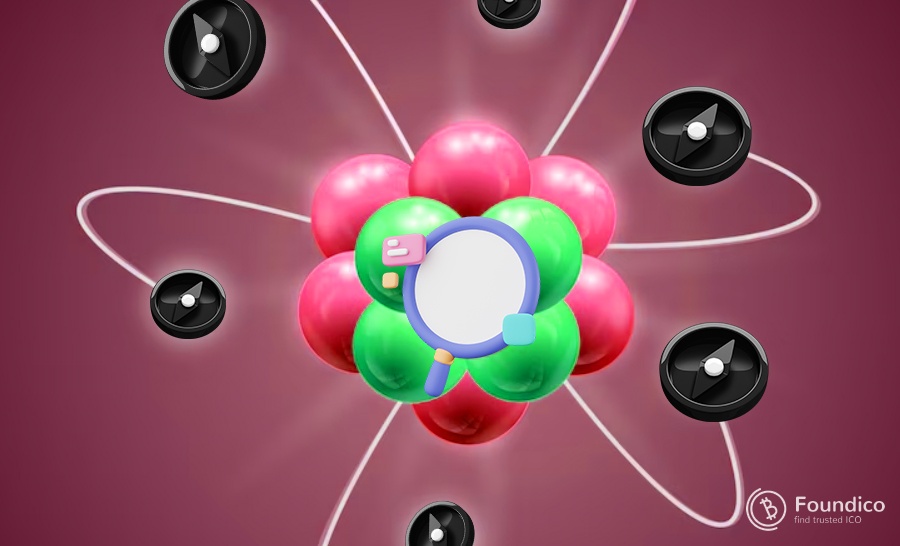Military Potentials and Risks Associated with Quantum Computing

Military applications for quantum computing have great potential, especially in fields like secure communication, data analysis, and cryptography. Making communication systems more secure is one potential use of quantum computing in military technology. A level of security that is difficult to achieve with conventional communication techniques is offered by quantum communication. As any attempt to do so would be immediately discovered, it permits the transmission of information that is impossible to intercept or eavesdrop on.
Quantum computing has applications in the military beyond secure communication, including data analysis to spot trends and forecast future actions. It might be used, for instance, to examine satellite imagery to spot potential threats or to examine social media data to monitor the movements of specific people or groups.
The creation of new, more potent weapons represents another potential use for quantum computing in military technology. Quantum computers could be used to design and simulate the performance of new weapons systems, from more precise targeting systems to cutting-edge drone technology, as they have the capacity to solve complex problems at an unprecedented rate.
Quantum computing's advancement in military technology, however, also prompts vital inquiries about the dangers and difficulties that could come with using this technology. An arms race that worsens already-existing geopolitical tensions and disparities could result from the use of quantum computing to create new and more potent weapons. Additionally, serious security risks and geopolitical imbalances may result from the concentration of authority and influence among the institutions and nations that own this technology.
In order to ensure that quantum computing is developed and applied in a way that benefits society as a whole, it is crucial for policymakers, researchers, and industry leaders to take into account the potential risks and benefits of this technology. This might entail establishing standards for the moral application of quantum computing as well as funding the infrastructure and human resources required to advance the advancement of this new technology.
In conclusion, quantum computing has a lot of potential for military applications, providing fresh ways to develop secure communication, data analysis, and weapon system designs. The application of quantum computing to military technology does, however, come with some significant risks.
An Analysis by Pooyan Ghamari, Swiss Economist with Expertise in the Digital World

 Solaxy - Solaxy is the **first-ever Layer 2 solution** for Solana, combining the strengths of Solana with innovative rollup architecture to enhance speed, scalability, and reliability.
Solaxy - Solaxy is the **first-ever Layer 2 solution** for Solana, combining the strengths of Solana with innovative rollup architecture to enhance speed, scalability, and reliability.